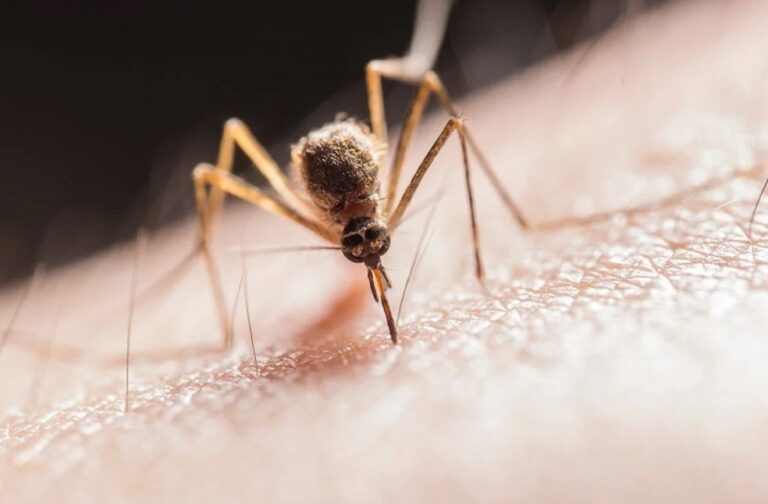United States: A news study has found that the rate of Americans developing a rare meat allergy from tick bites is increasing and may have already impacted as many as 450,000 people.
New data released by the Centres for Disease Control and Prevention (CDC) showed a steep increase in cases of alpha-gal syndrome. The allergy can lead to a potentially life-threatening reaction to various kinds of meat or animal products. US scientists have linked alpha-gal to the saliva of the lone star tick.
The tick is identified by the white spot on its back and is mostly found in the southern and eastern parts of the US. But experts warn that their range is expanding due to climate change.
Blood-sucking bites from the lone star, scientifically known as Amblyomma americanum, can make a person sick when they consume certain meat and animal products made from mammals. The most dangerous foods for people suffering from alpha-gal syndrome include pork, beef, rabbit, lamb, venison, gelatine, milk, some dairy products, and certain pharmaceuticals.

Symptoms of the little-understood syndrome include stomach cramps, diarrhoea, hives, and shortness of breath that could trigger fatal anaphylaxis.
Alpha-gel syndrome reactions can be different from person-to-person, ranging from mild to severe or even life-threatening. Anaphylaxis, a potentially life-threatening reaction involving multiple organ systems, may need urgent medical care.
According to the CDC, more than 110,000 cases have been detected since 2010. From 2017 to 2021, the number of cases increased by around 15,000 per year.
Experts warned people to cover up outdoors and to regularly check their bodies for tick bites to avoid several dangerous illnesses, such as Lyme disease, which are most common during the warmer months.



